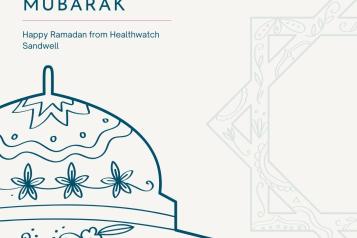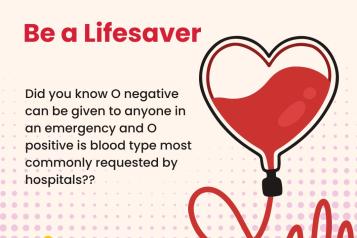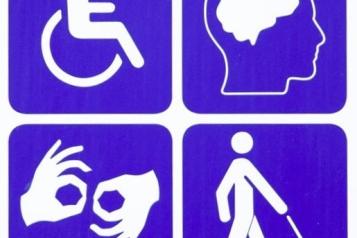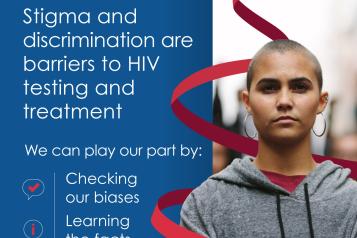
As Muslims begin to prepare for the month of Ramadan, the NHS has shared a reminder about how to stay safe and healthy during the holy month. Ramadan is expected to start on the evening of Sunday 10 March, subject to moon sighting, and end on Tuesday 9 April, during which time many Muslims will fast and not eat or drink during daylight hours. Fasting during Ramadan can be challenging, especially for those living with a long-term health condition such as diabetes, those who take prescribed medicines or anyone who needs a medical appointment during the holy month. The NHS has issued important advice to ensure a healthy and safe Ramadan, including:
If you have a long-term health condition:
Having a medical condition doesn’t mean people can’t fast, but they may need to take precautions such as reviewing their medication and closely monitoring how they’re feeling. There is also an exemption for people with diabetes, especially for those on insulin or those with any medical complications. If you have diabetes and want to fast during Ramadan, please speak to your GP or diabetes nurse about the safest way to do this. If you monitor your blood glucose levels, you should continue to do so while fasting.
If you take prescribed medication:
If you are taking prescribed medicines to control an illness, you should continue taking them during Ramadan to prevent further, serious complications developing. You can check with your GP or pharmacist if the doses need to be adjusted or the times that you take them need to be changed. This will allow you to control your illness while completing a fast safely. Those who are unsure about fasting should always seek advice from their healthcare professional.
If you have a medical condition:
It is important that people keep all medical appointments where possible in Ramadan. If you feel you are unable to keep your appointment, please contact your GP or hospital to re-schedule your appointment for as soon as possible after the Holy Month ends.
If you are due an MMR vaccine:
Vaccines play an important part in maintaining our health and with an increase of measles across the West Midlands, getting your measles, mumps and rubella (MMR) vaccine is vital. Measles is a highly infectious disease which can lead to serious complications if it is not treated. The British Islamic Medical Association (BIMA) scholars have confirmed that getting an MMR vaccine will not invalidate the fast, so if you or your child has missed the first or second dose of MMR vaccine, you should still have the vaccine during Ramadan to stay protected. In the UK, there are two types of MMR vaccines. One of these, (Priorix®), does not contain pork and can be requested from your GP practice.
If you become unwell during fasting:
The BIMA advises that if you become unwell during Ramadan, you should stop fasting and seek medical advice. Your local pharmacy can offer advice and some medicines, and this can help you treat your condition yourself at home. Pharmacists can also help you see the right person, if you need to see someone else. If you have a more serious illness, you should visit your GP practice website or NHS 111 online for advice. If you cannot access the internet, call 111 or your GP practice directly. It’s important to remember fasting is not considered compulsory for many groups, including people who are unwell, people with learning difficulties, people who are travelling and women who are pregnant, breastfeeding or menstruating.







